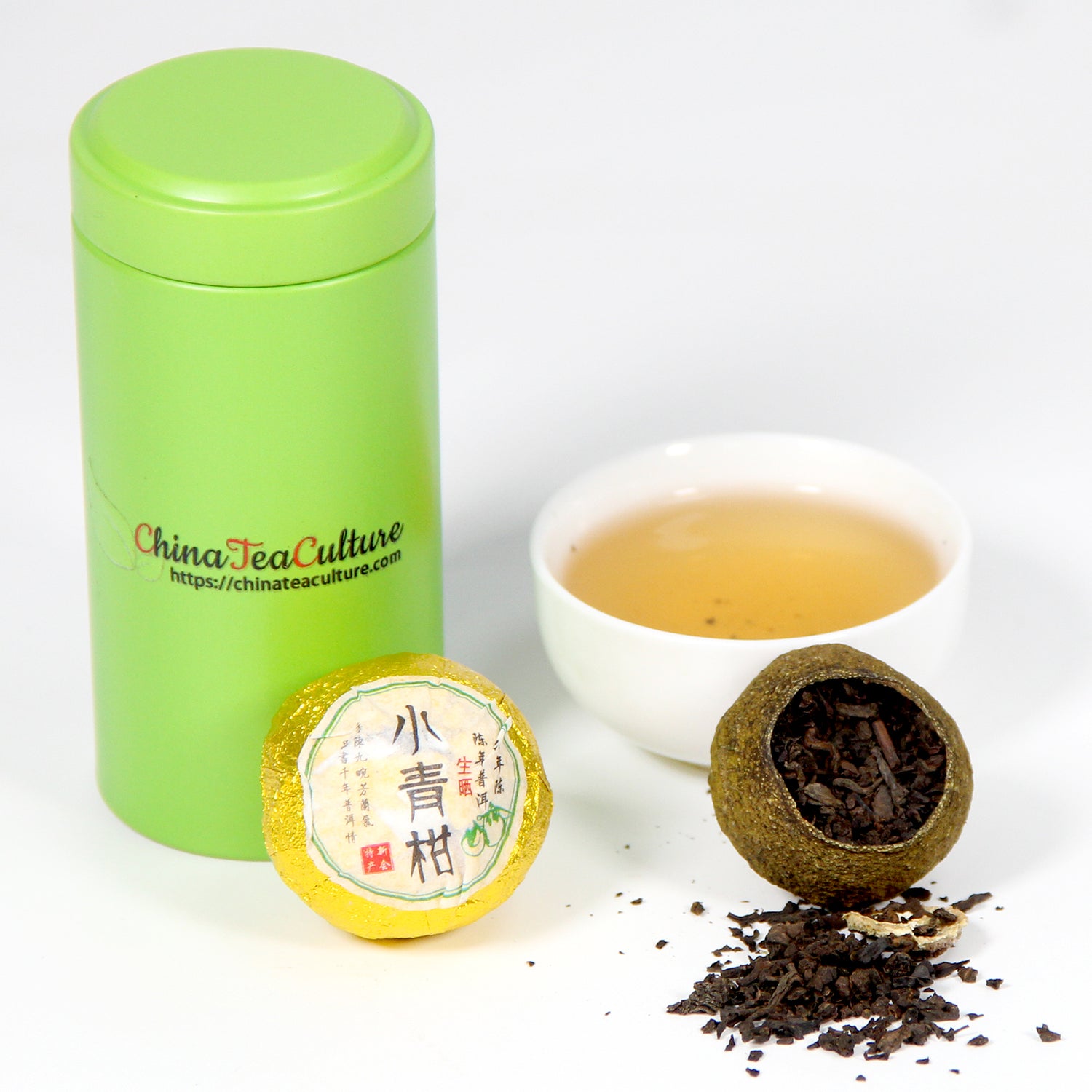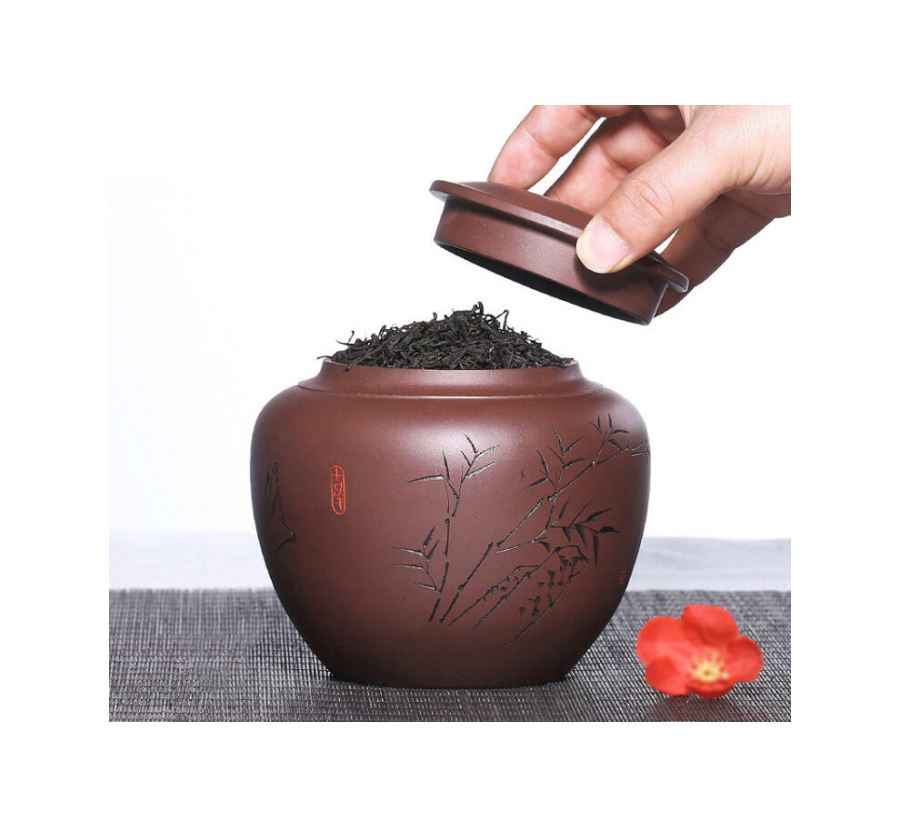
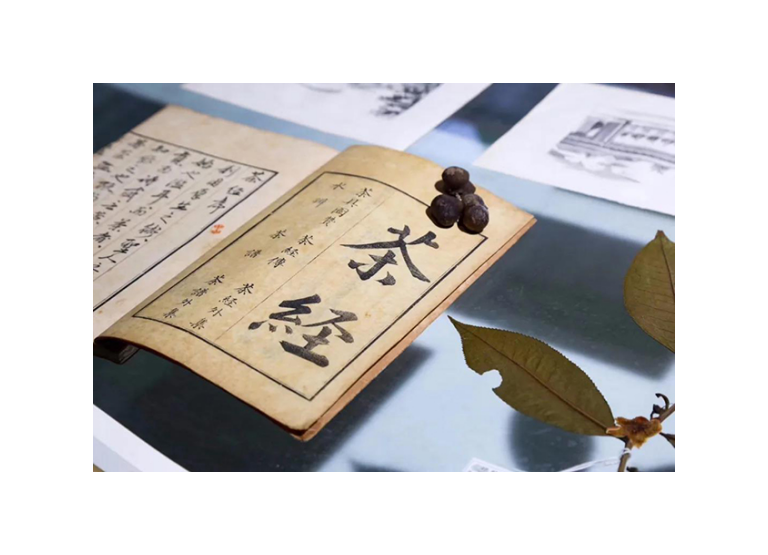
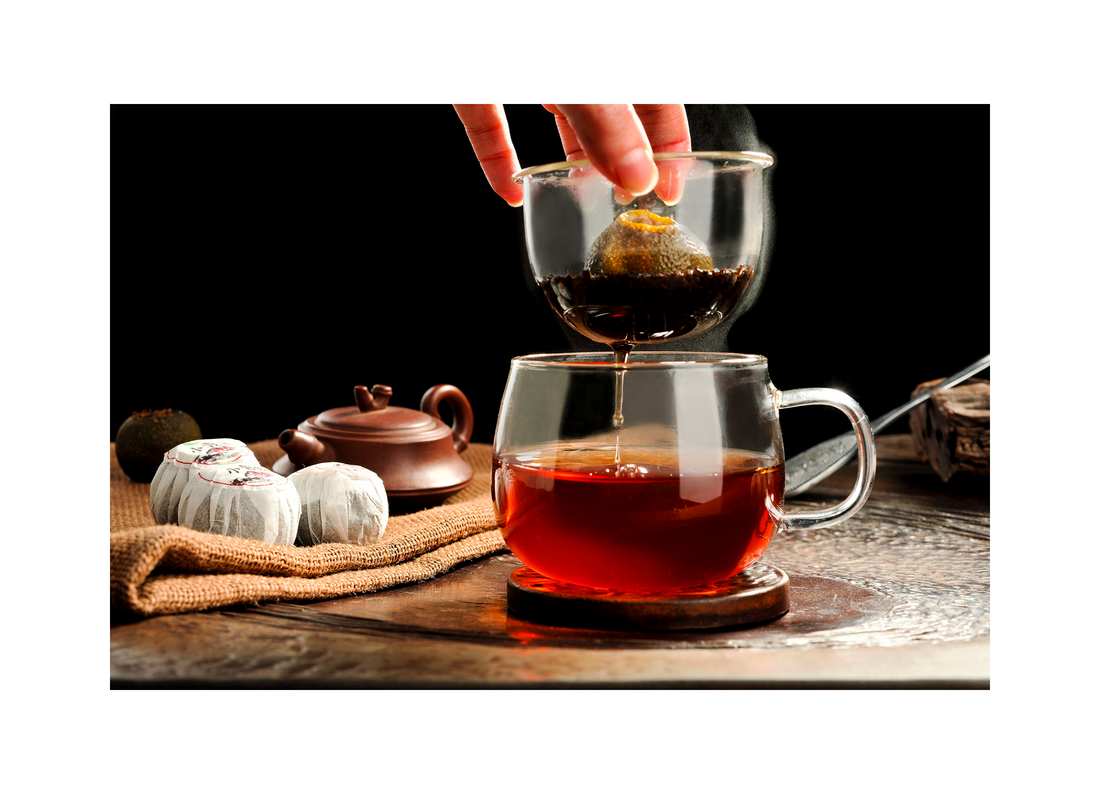
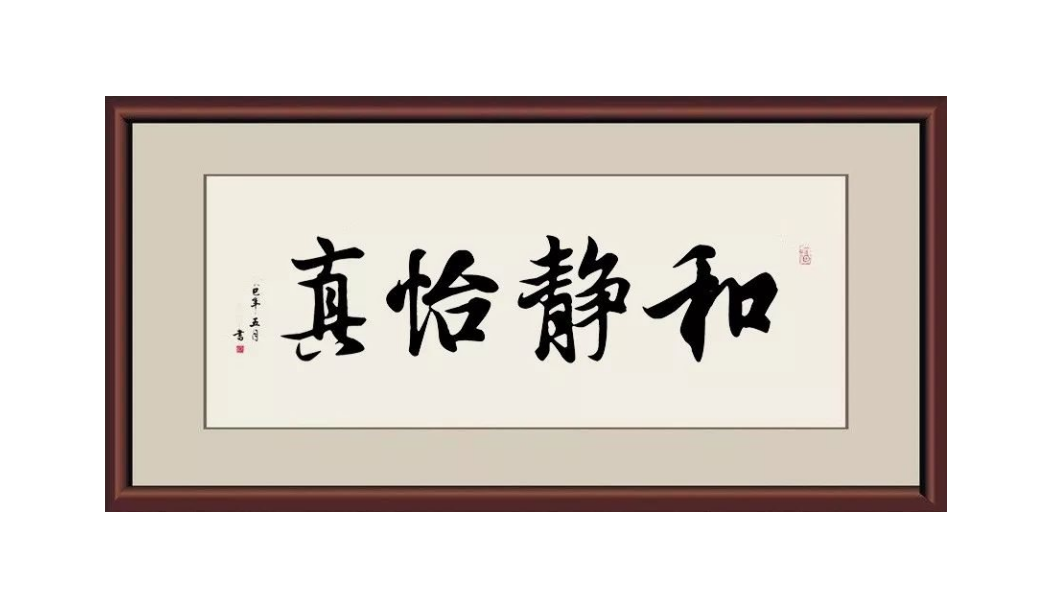
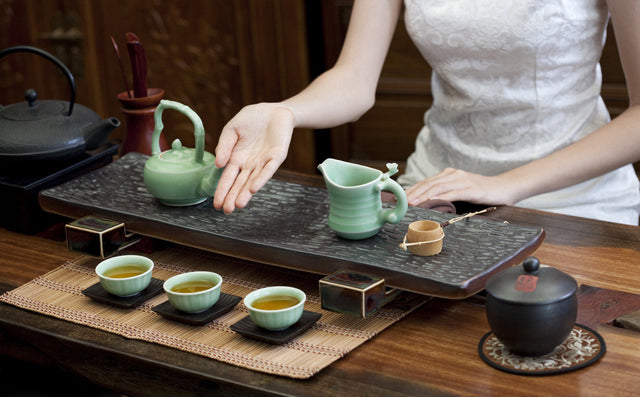

The Four Noble Truths of the Chinese Tea Ceremony: Harmony, Quietness, Ease and Truthfulness
The four meanings of the Chinese Tea Ceremony are "harmony, tranquillity, joy and truth". Because, "harmony" is the core of the philosophical thinking of the Chinese tea ceremony, is the soul of the tea ceremony. "Quietness" is the unquestionable method of the Chinese Tea Ceremony. "Yi" is the spiritual feeling in the practice of Chinese Tea Ceremony. "Truth" is the ultimate pursuit of the Chinese Tea Ceremony.

1:"Harmony" is the core of the philosophical thinking of the Chinese tea ceremony.
"Harmony is a philosophical concept shared by Confucianism, Buddhism and Taoism. The "harmony" pursued by the tea ceremony is derived from the "Baohu Dahe" in the Book of Changes. The meaning of "Baohe Dahuo" is that everything in the world is composed of the elements of yin and yang, and the harmony of yin and yang is the true way of the world.
From the philosophical concept of "Great Harmony", Confucianism has introduced the idea of "The Way of the Mean". In the eyes of Confucianism, harmony is the middle, harmony is the degree, harmony is appropriate, and harmony is everything that is just right, neither too much nor too little. Confucian interpretation of and, in the tea activities in the fullest expression. When making tea, it is shown as "sweet and sour, bitter and astringent, mastering the amount of delay and speed in the right amount" of the beauty of the middle ground. In the hospitality of the guests, it is shown as "serving tea as a gift to honour the elders, and preparing tea with strong meaning to show strong feelings". In the process of drinking tea, it is expressed as the modest etiquette of "Drinking good tea is not enough to know the depth of the tea, and praising this is the English in the grass". In the environment and state of mind of tea drinking, it is expressed as the frugal and virtuous behaviour of "Accidental and elegant, tranquil and far-reaching, hidden and calm".

2: "Silence" is the necessary path for the practice of the Chinese Tea Ceremony.
The Chinese Tea Ceremony is the way to cultivate one's body and pursue one's self. Stillness is the necessary path for the practice of the Chinese Tea Ceremony. How to understand the mystery of the universe from a small teapot? How to savour life from the light tea? How to understand the mind and see the nature in the tea ceremony? There is only one answer - silence.
Lao Zi said: "to the extreme emptiness, keep quiet, all things work together, I to observe its complex. The things are numerous, each return to its root. Returning to the root is said to be quiet, and quiet is said to be restored." Zhuangzi said: "the water is quiet, bright candles, flat in the quasi, the master craftsman to take the law. The water is quiet and bright, and the spirit of the situation. The saint's heart, quiet, the world's reference also, the mirror of all things." The "method of virtual stillness and observation and restoration" inspired by Lao Tzu and Zhuang Tzu is the supreme method for people to clarify their minds, see nature, reflect on themselves, and realise their morality.
The Taoist method of "virtual static observation and restoration" has evolved into the theoretical practice of "tea must be tasted in silence" in the Chinese tea ceremony. Song Huizong Zhao Ji wrote in the "Daguan Tea Theory": "Tea is a thing, ...... light, idle and clean, rhyme high and quiet." Su Dongpo in the "Kap Jiang Pan-fried tea" poem vividly depicts Su Dongpo in the quiet moonlit night in front of the river to draw water pan-fried tea tea tasting interesting, can be described as the tea realm of the ancient masterpiece of the quiet and secluded.
Chinese tea ceremony is through the tea to create a peaceful atmosphere and an empty spirit of quiet state of mind, when the fragrance of tea quietly infiltrate your heart and lungs of every corner of the time, your mind will be in the quiet appears to be empty, your spirit will be in the quiet sublimation and purification, you will be in the quiet and the nature and the integration of Han Xuanhui, to achieve the "heavenly and a" "heavenly! "You will be able to reach the realm of "heavenly joy" in the quietness and harmony with nature.

3:"Yi" Chinese Tea Ceremony: the physical and mental enjoyment of the tea drinker
The word "Yi" means "harmony" and "pleasure".
The Chinese Tea Ceremony is a way of appreciation for both the elegant and the vulgar, it is embodied in the ordinary daily life, it does not speak of form, and it is not formal. It highlights the casualness of Taoism, which means "to be at one's own discretion to suit one's own needs". At the same time, different status, different beliefs, different cultural levels of people have different pursuits of the tea ceremony.
Historically, the princes and noblemen speak tea ceremony, they focus on the "tea of the precious", intended to show off power, boast of wealth and elegance. Literati and scholars say that the tea ceremony focuses on the "rhythm of tea", to send feelings, to stimulate the literary ideas, making friends. Buddhist tea ceremony focuses on the "virtue of tea", intended to go to sleep and refreshment, Zen enlightenment, see the nature of Buddha. Taoist tea ceremony, focusing on the "tea work", intended to taste tea and health, to preserve the life of the years, immortalisation.
Ordinary people talk about the tea ceremony, focusing on the "taste of tea", intended to remove fishy and greasy, to cleanse and quench thirst, and enjoy life. No matter what people can be in the tea activities in the physical pleasure and spiritual comfort.
This pleasantness of the Chinese tea ceremony, so that it has a very broad base of the masses, this pleasantness is also the Chinese tea ceremony is different from the emphasis on "silence" of the Japanese tea ceremony is one of the fundamental signs.

4:"Truth": The Ultimate Pursuit of the Chinese Tea Ceremony
Chinese people do not easily say "Tao", but once the discussion of Tao, than obsessed with the "Tao", the pursuit of the "true". "Truth" is the starting point of the Chinese Tea Ceremony and the ultimate pursuit of the Chinese Tea Ceremony.
Chinese tea ceremony in the tea ceremony in the "true", not only includes tea should be real tea, real incense, real taste; environment is the best real water; hanging the best calligraphy and painting is the best celebrities of the real; with the best utensils is the real bamboo, real wood, real ceramic, real porcelain, but also contains a sincere to the people to be sincere, to the guests to be true, to talk to the sincere, the state of mind to be really free. Tea activities in every aspect of the seriousness of every aspect of the real requirements.
